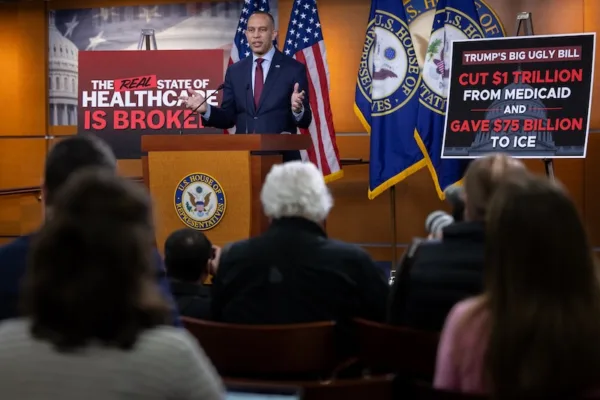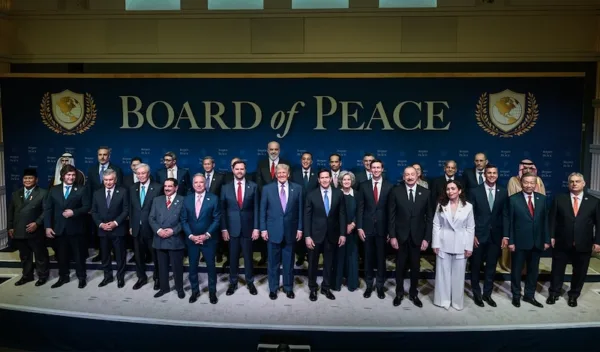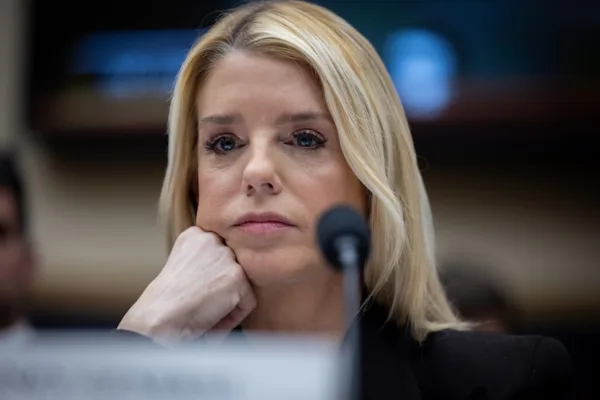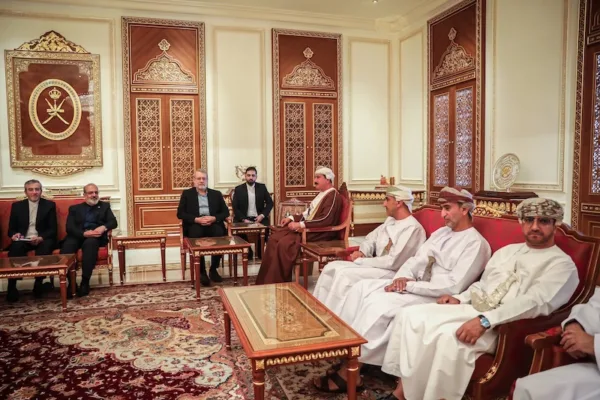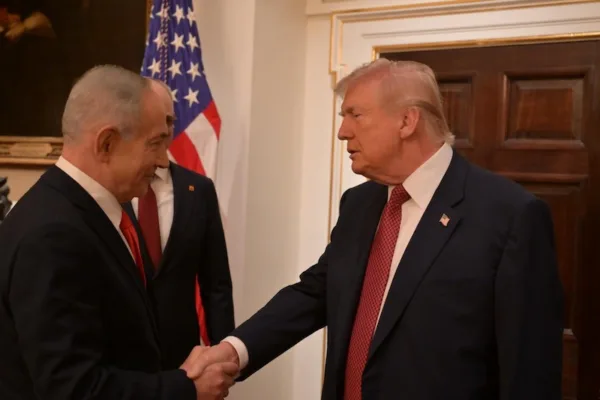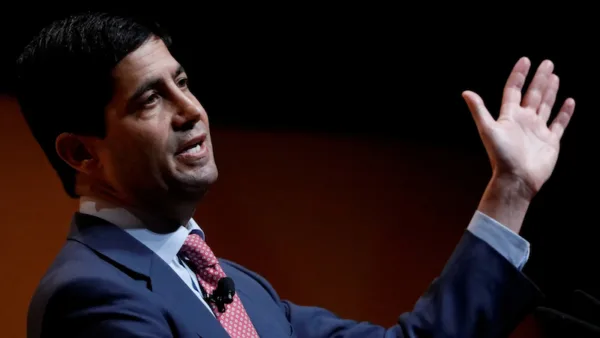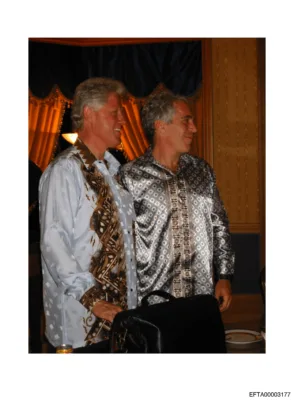Event Summary: Tomorrow, the World: The Birth of US Global Supremacy

On Thursday, December 3, 2020, the SETA Foundation at Washington, DC hosted a virtual panel to discuss ‘Tomorrow, the World: The Birth of US Global Supremacy.’ The discussion featured Stephen Wertheim, deputy director of research and policy at the Quincy Institute. The panel was moderated by Kadir Ustun, Executive Director at SETA DC.
Wertheim explained that the book arose out of a curiosity that derived from the world he saw around him. He noticed a bipartisan consensus that the US ought to be the supreme military power on Earth, make many security commitments abroad, and enforce the world order. But, there are inevitable costs to playing this role, so he wondered what prompted the decision for American dominance. Prior to 1940, there were a number of Americans who identified as internationalists, but did so without reference to the term isolationism. At the time, internationalism meant attempting to engage in commerce with all, staying out of power politics in Europe, and making efforts to transcend the system of power politics. US foreign policy debates revolved around finding the balance between nationalism and internationalism. There was a consensus from America’s founding until the 1940s that the US should stay away from military entanglements and major commitments in Europe and most of Asia. The turning point was triggered by the shocking conquest of France by Nazi Germany in May and June of 1940. For the first time, Americans had to decide what that would mean for the US if Europe and Asia were dominated by totalitarian powers. That conquest created a credible fear that totalitarian powers would become dominant in Europe and Asia.
After this watershed event, foreign policy makers in the Roosevelt administration came to the conclusion that it would be sufficient for American security, though not ideal, to live within a hemispheric security perimeter. But by the fall of 1940, Britain started to think that for the US to maintain its other aspirations, it needed to establish maximum power in the world. The US was poised to take the lead as the dominant military power and enforce the terms of the world order. Foreign policy planners intended to create an order that allowed the US to have more bargaining power than the projected Nazi-dominated Europe. After this decision for dominance came the choice to spearhead a new international organization with universal membership. This was not an obvious choice given that the same planners had just decided that after the war, the US should abandon its aversion to entanglement and take up military leadership. But the shift came from concerns about the American public; the UN Charter represented the US’s commitment to remain a main player in the global system. When speaking about current trends, Wertheim noted that Washington recognizes that there is no going back to the unipolar moment of the 1990s. It has adopted a framework of great power competition, and refocused US efforts away from the Middle East and toward the rise of China. But he warns that the US could be applying some of the same indiscipline that has led to past conflicts.












